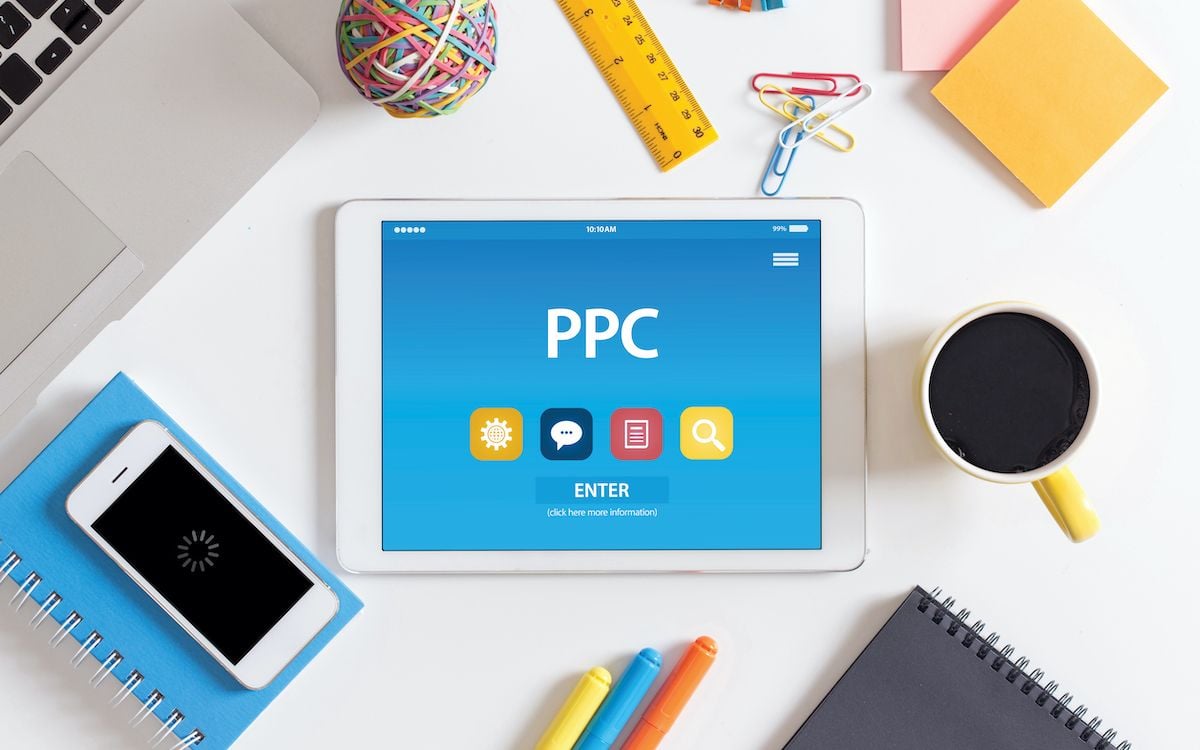In today's digital landscape, PPC campaigns have become an essential tool for businesses looking to drive targeted traffic and boost their online visibility. In this comprehensive guide, we will walk you through the process of setting up your first PPC campaign, ensuring that you maximize your return on investment (ROI) right from the start.
Defining Your Objectives
Before
diving into the world of PPC, it's crucial to establish clear goals for your
campaign. Determine what you aim to achieve, whether it's increasing website
traffic, generating leads, or driving sales. Aligning your objectives with your
overall marketing strategy will help you create focused and effective PPC
campaigns.
Conducting Thorough Keyword Research
Keyword
research forms the foundation of a successful PPC campaign. Start by
brainstorming relevant keywords and phrases that are relevant to your products
or services. Leverage keyword research tools, such as Google Keyword Planner or
ahrefs, to discover additional keyword suggestions and estimate search volumes.
Choose keywords with high relevance and reasonable competition levels to
optimize your campaign's performance. According to Ashish Chugh from PPC Agency, Google keyword planner is
the best and free tool to do keyword research. All the data is from Google.
Which makes it very relevant to use for your PPC campaigns.
Crafting Compelling Ad Copy
Creating
engaging ad copy is essential to capture the attention of your target audience.
Make sure to highlight the unique selling points of your offering and
incorporate persuasive language that encourages users to click on your ad. It's
essential to maintain consistency between your ad copy and landing page content
to provide a seamless user experience.
Selecting the Right PPC Platform
With
numerous PPC platforms available, it's important to choose the one that aligns
with your business goals and target audience. Google Ads is the most popular
platform, offering a vast reach and targeting options. However, platforms like
Bing Ads and social media channels, such as Facebook Ads and LinkedIn Ads, can
also provide excellent opportunities depending on your target audience.
Setting Up Conversion Tracking
Conversion
tracking allows you to measure the effectiveness of your PPC campaigns accurately. By integrating tracking codes
or pixels into your website, you can monitor conversions, such as form
submissions, purchases, or newsletter sign-ups. This data will help you
optimize your campaigns and allocate your budget wisely.
Designing Landing Pages
Creating
dedicated landing pages for your PPC campaigns is vital for maximizing
conversions. Optimize your landing pages with compelling headlines, persuasive
copy, and clear calls-to-action (CTAs). Ensure that your landing page is
mobile-friendly and loads quickly to provide a seamless user experience, as
slow-loading pages can lead to high bounce rates.
Structuring Campaigns and Ad Groups
To
organize your PPC campaigns effectively, structure them into logical campaigns
and ad groups. Group keywords that share similar themes and create ad groups
accordingly. This structure allows you to tailor your ad copy and landing pages
to specific keyword groups, improving relevancy and ad quality.
Setting Bid Strategies and Budget
Determine
your bid strategy based on your campaign objectives. Options like manual
bidding, automated bidding, or target CPA bidding offer different approaches to
optimize your ad spend. Set a realistic budget to avoid overspending and
continuously monitor your campaign's performance to make adjustments as needed.
Monitoring and Optimization
PPC
campaigns require constant monitoring and optimization to ensure optimal
performance. Regularly review your campaign's key metrics, such as
click-through rates (CTRs), conversion rates, and cost per acquisition (CPA).
Make data-driven decisions by identifying underperforming keywords, ad
variations, or targeting settings and adjust them accordingly.
Testing and Iteration
Continuous
testing is crucial to improve your PPC campaigns over time. Experiment with
different ad variations, landing pages, and targeting options to identify what
resonates best with your audience. A/B testing can provide valuable insights
into what elements drive higher engagement and conversions, enabling you to
refine your campaigns for better results.
Conclusion:
Setting
up your first PPC campaign can be a daunting task, but with this step-by-step
guide from PPC experts, you're well on your way to success. Remember to define
your objectives, conduct thorough keyword research, craft compelling ad copy,
choose the right PPC platform, set up conversion tracking, design effective
landing pages, structure your campaigns and ad groups, determine bid strategies
and budgets, monitor and optimize your campaigns, and continually test and
iterate for improved performance. By following these steps, you'll be able to
create PPC campaigns that drive targeted traffic, generate leads, and boost
your business's online visibility.










